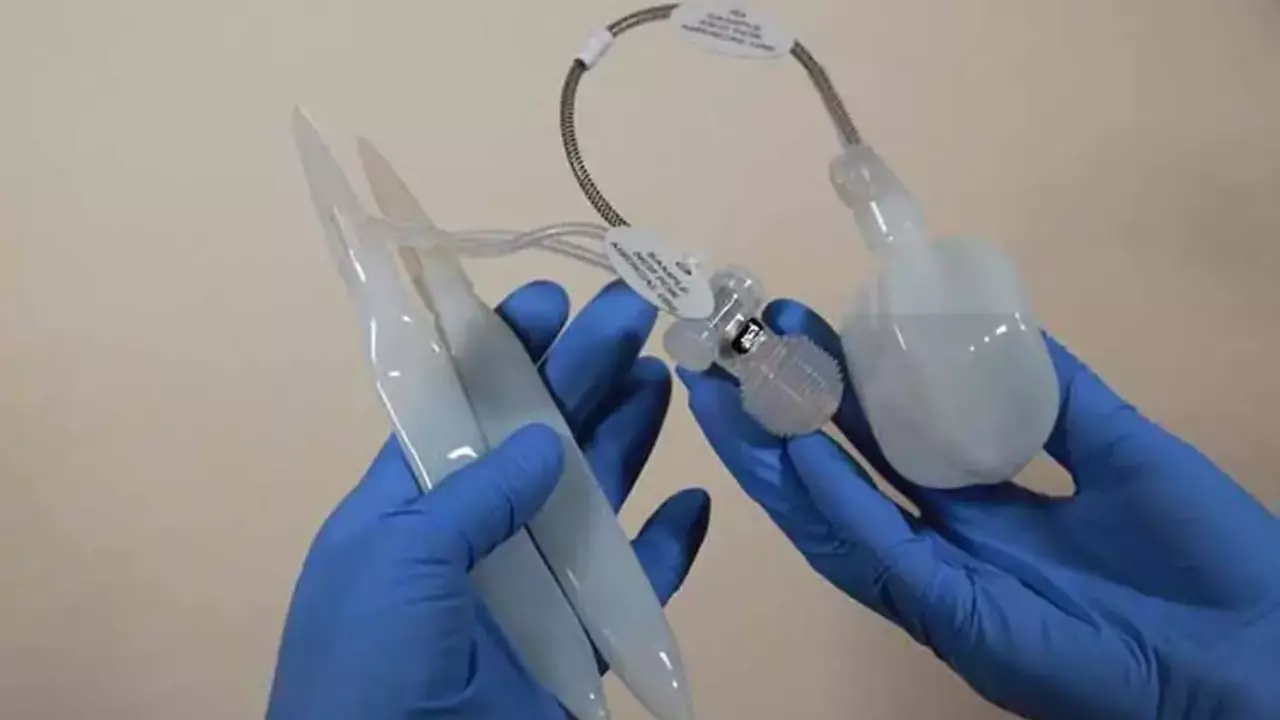Penile surgery — what it is and what to expect
Thinking about penile surgery? Whether it’s to treat erectile dysfunction, correct curvature, repair trauma, or for cosmetic reasons, the basics are the same: know the options, know the risks, and know how recovery works. This page gives clear, practical steps so you can talk to your doctor with confidence.
Types of penile surgery and who it helps
Penile surgery covers several procedures. Common ones include:
- Penile implants (prostheses) for men with erectile dysfunction who don’t respond to pills or injections. These can be inflatable or semi-rigid devices.
- Peyronie’s surgery to correct painful curvature caused by scar tissue. Options range from plication (shortening the longer side) to grafting (lengthening the shorter side).
- Penile reconstruction after injury or cancer, which may combine skin grafts and implants.
- Cosmetic procedures like lengthening or girth enhancement; results and risks vary widely and insurance rarely covers these.
Ask your urologist why surgery is recommended for you and what non-surgical alternatives exist, such as PDE5 inhibitors (Viagra-type pills), vacuum devices, injections, traction therapy, or collagenase for Peyronie’s disease.
Risks, recovery, and picking the right surgeon
All surgeries carry risks. For penile procedures the most common are infection, bleeding, scarring, loss of sensation, and for implants specifically — device failure or mechanical problems. With Peyronie’s repair you may see length loss or persistent curvature.
Recovery timelines are predictable if you follow the plan: short hospital stay or same-day discharge for most implants, stitches removed in 7–14 days, and limited physical activity for 4–6 weeks. Sexual activity is usually paused for 6–8 weeks after implants or reconstruction. Your surgeon will give clear wound care and pain control instructions—follow them to lower infection risk.
Choosing the right surgeon matters. Look for a board-certified urologist with specific experience in the procedure you need. Ask these questions before you book:
- How many of this procedure have you done? What are your success and complication rates?
- Can I see before-and-after photos or patient testimonials?
- What implant brands do you use and why? What happens if it fails?
- Will my insurance cover this? If not, what are the costs and financing options?
Mental health matters too. Penile problems affect self-image and relationships. Consider counseling or a partner consult to set realistic expectations before surgery.
If you want more detail on a specific procedure, recovery tips, or how insurance works for implants, check our individual guides and talk with a urologist for a tailored plan.

The role of penile surgery in treating penile prosthesis complications
In my latest blog post, I delved into the vital role that penile surgery plays in handling complications arising from penile prosthesis. It's a highly specialized area of medicine designed to address issues such as prosthesis malfunction, infections, and other post-operative complications. These surgeries, performed by trained urologists, can significantly improve patient's quality of life, by restoring sexual function and relieving physical discomfort. They also offer an opportunity for doctors to rectify any issues with the initial prosthesis. It's clear that penile surgery is an essential tool in managing and treating complications from penile prosthesis.
read more




